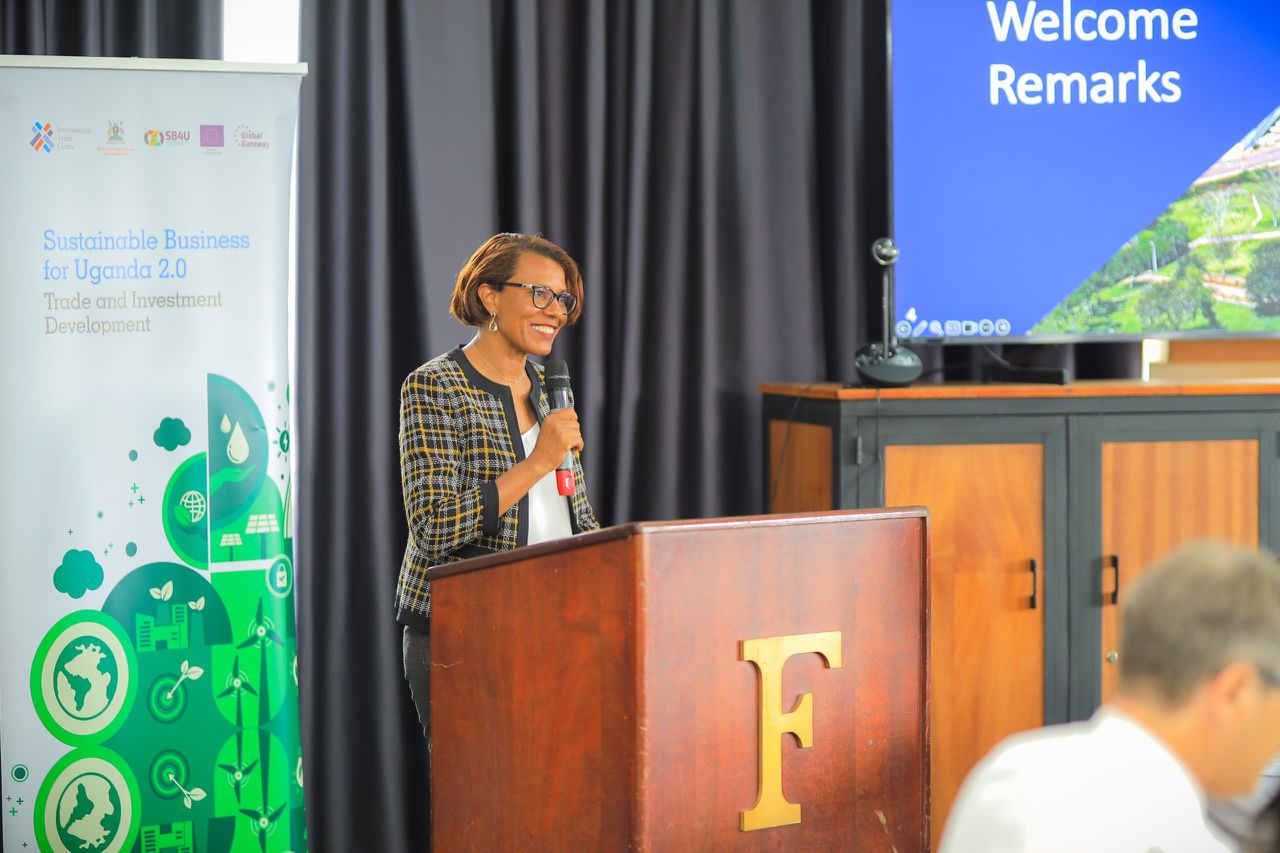Tourism industry leaders in Kampala have urged for a more strategic, phased, and investment-driven approach to implementing Uganda’s Tourism Development Program (TDP), following extensive stakeholder consultations held on 14th November.
The meeting brought together policymakers, private sector operators, conservation agencies, and development partners to refine tourism priorities, address persistent sector bottlenecks, and build consensus on the future of tourism development.
Senior Presidential Advisor on Tourism, Lilly Ajarova, emphasized that Uganda must avoid rushing the TDP’s implementation, noting that a well-sequenced approach is critical for success.
“We cannot implement the Tourism Development Program all at once; a phased, strategic approach is essential,” she said.
Ajarova further highlighted the importance of repositioning Uganda to attract high-value, sustainable leisure travelers—visitors who spend more, support conservation, and contribute meaningfully to local economies.
Private sector stakeholders raised concerns that Uganda continues to invest heavily in the conservation of protected areas, yet only a few—particularly Bwindi Impenetrable National Park—generate substantial revenue.
Many parks and tourism products remain under-promoted, limiting the sector’s revenue base. Operators urged the government to prioritize strategic marketing of diverse attractions in the 2026/2027 financial year to boost visitor numbers across all destinations, not just traditional hotspots.
The meeting also highlighted the role of development partners in enhancing sector competitiveness. Private tourism enterprises were encouraged to pursue internationally recognized sustainability certifications, which enhance credibility and appeal to global markets.
Certification, stakeholders said, is no longer a luxury but a necessity in an increasingly competitive tourism landscape.
A key boost to these efforts is the International Trade Centre’s Sustainable Business for Uganda (SB4U) platform, supported by the European Union.
The SB4U initiative aims to improve Uganda’s business and investment climate through structured public–private dialogue, unlocking opportunities in key sectors such as agriculture, logistics, and tourism.
For tourism operators, SB4U provides support and tools to scale up, meet international standards, and attract responsible, high-value visitors.
Stakeholders agreed that tourism investment will only succeed if enterprises are better prepared to absorb funding and partnerships. They called for increased capacity building, access to finance, and improved product knowledge facilitated jointly by government, development partners, and private associations—essential steps for meaningful sector transformation.
Participants further stressed that Uganda’s tourism potential will remain limited unless infrastructure development is accelerated, access roads to key attractions improved, visitor facilities upgraded, and national branding strengthened. These interventions, they argued, are foundational to unlocking investment and realizing the full promise of the TDP.
As Uganda positions itself to compete globally, tourism stakeholders are united in their call for a phased, investment-led, and sustainability-focused approach—one that aligns policy with market realities and ensures long-term growth for the sector.


